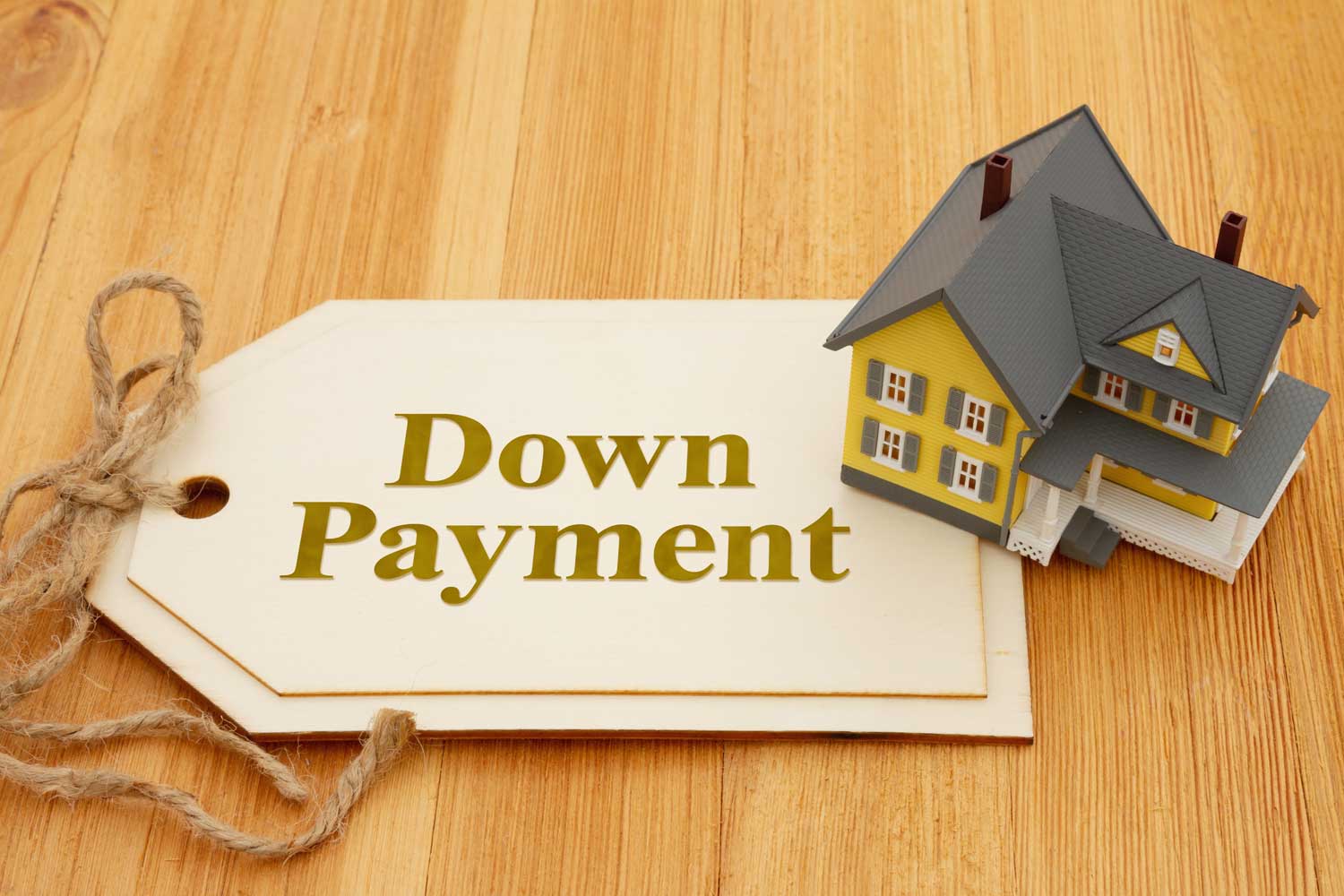Purchasing a home is a significant milestone in one’s life, but it often comes with a substantial financial commitment. For many Americans, securing a traditional mortgage can be challenging due to stringent credit requirements and high down payments. This is where the Federal Housing Administration (FHA) mortgage program steps in. FHA mortgages have been helping first-time homebuyers and those with limited financial resources achieve their homeownership dreams for decades. In this article, we’ll delve into the world of FHA mortgages, exploring their benefits, eligibility requirements, and how they work.
Understanding FHA Mortgages
The Federal Housing Administration (FHA) is a government agency established in 1934 as part of the National Housing Act. One of its primary missions is to make homeownership more accessible to Americans by providing insurance on mortgage loans issued by FHA-approved lenders. These loans are known as FHA mortgages.
Key Features of FHA Mortgages
- Lower Down Payment: One of the most significant advantages of an FHA mortgage is the lower down payment requirement. While conventional mortgages often require down payments of 20% or more, FHA loans typically require as little as 3.5% of the home’s purchase price. This makes homeownership more achievable for individuals with limited savings.
- Flexible Credit Requirements: FHA loans are more forgiving when it comes to credit scores compared to conventional mortgages. Borrowers with lower credit scores may still qualify for an FHA loan, provided they meet other eligibility criteria. Lenders typically require a minimum credit score of 580 to be eligible for the 3.5% down payment option.
- Competitive Interest Rates: FHA mortgages often come with competitive interest rates, which can make homeownership more affordable in the long run. Borrowers can choose between fixed-rate and adjustable-rate FHA loans, depending on their financial goals and circumstances.
- Mortgage Insurance Premiums (MIP): FHA loans require borrowers to pay Mortgage Insurance Premiums. This insurance protects the lender in case the borrower defaults on the loan. While this adds an extra cost to the monthly mortgage payment, it allows borrowers with lower credit scores and smaller down payments to qualify for a mortgage.
Eligibility Requirements for FHA Mortgages
To be eligible for an FHA mortgage, borrowers must meet certain requirements:
- Credit Score: While FHA loans are more lenient regarding credit scores, a minimum score of 580 is typically required to qualify for the 3.5% down payment option. Those with credit scores between 500 and 579 may still be eligible but may need to make a larger down payment.
- Down Payment: As mentioned earlier, FHA loans require a down payment of at least 3.5% of the home’s purchase price. Borrowers can receive assistance with their down payment from family members or eligible non-profit organizations.
- Debt-to-Income Ratio: Lenders will assess a borrower’s debt-to-income ratio (DTI) to ensure they can afford the mortgage payments. Generally, your total monthly debts, including the mortgage, should not exceed 43% of your gross monthly income.
- Steady Income and Employment: Borrowers must have a steady source of income and a consistent employment history to demonstrate their ability to make mortgage payments.
- Property Eligibility: The home you intend to purchase with an FHA loan must meet certain requirements and pass an FHA appraisal to ensure it’s safe and suitable for occupancy.
Conclusion
FHA mortgages have been a valuable tool for aspiring homeowners, especially those with modest savings and credit challenges. They provide a path to homeownership by offering lower down payments, flexible credit requirements, and competitive interest rates. However, it’s crucial to thoroughly understand the terms and responsibilities associated with FHA loans, including Mortgage Insurance Premiums (MIP). As with any financial decision, prospective homebuyers should carefully consider their financial situation and work with knowledgeable lenders to determine if an FHA mortgage is the right choice for them. Ultimately, FHA mortgages have played a vital role in expanding homeownership opportunities for countless Americans and will likely continue to do so in the future.






